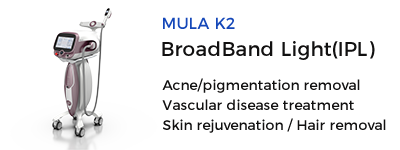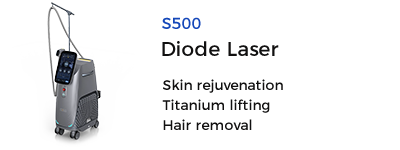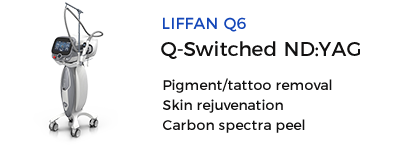The Best Skin Care Ingredients for Acne
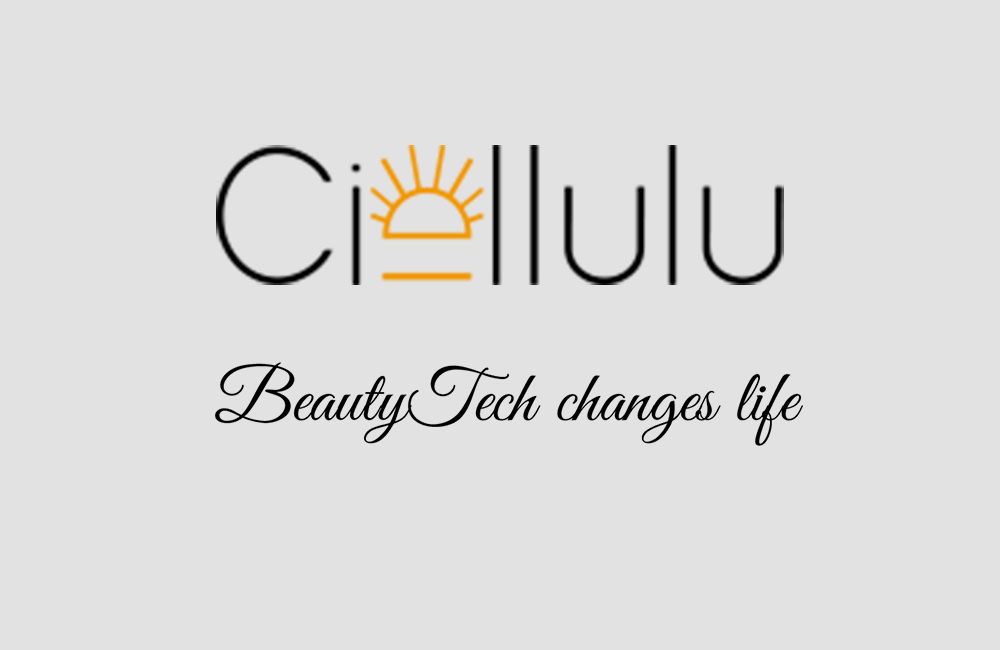
The Best Skin Care Ingredients for Acne
The Best Skin Care Ingredients for Acne: A Comprehensive Guide
Acne is a common skin condition affecting millions of people worldwide. While the market is flooded with skincare products promising flawless skin, knowing what ingredients to look for can make all the difference in your acne treatment journey. In this article, we will explore the most effective skincare ingredients for acne, as well as discuss treatments like IPL for acne scars, skin whitening treatments, and the use of an IPL photofacial machine.
Salicylic Acid
Salicylic acid is a beta-hydroxy acid (BHA) known for its ability to penetrate the pores and remove dead skin cells. This ingredient is particularly effective for acne-prone skin because it helps to unclog pores, reduce inflammation, and prevent new pimples from forming.
Benzoyl Peroxide
Benzoyl peroxide is a powerful anti-bacterial agent often used in spot treatment for acne. It works by killing the bacteria (P. acnes) that cause acne and reducing the oil production in the skin. Concentrations typically range from 2.5% to 10%, so it's important to start with a lower concentration to avoid skin irritation.
Retinoids
Retinoids, derivatives of Vitamin A, are known for their ability to speed up cell turnover, thus preventing clogged pores and reducing the appearance of acne. This ingredient is available in both over-the-counter and prescription forms. Although highly effective, retinoids can be irritating, so gradual introduction into your skincare routine is crucial.
Niacinamide
Niacinamide, or Vitamin B3, is a versatile ingredient that helps to reduce inflammation, minimize pore appearance, and regulate sebum production. This ingredient is gentle on the skin and can be used alongside other acne treatments to enhance results.
AHAs: Glycolic Acid and Lactic Acid
Alpha-hydroxy acids (AHAs) like glycolic acid and lactic acid are excellent for exfoliating the skin's surface, removing dead skin cells, and promoting a smoother texture. Glycolic acid is particularly effective for acne scars due to its ability to stimulate collagen production and accelerate skin renewal.
IPL Treatments for Acne Scars
Intense Pulsed Light (IPL) is an advanced treatment for reducing acne scars and improving skin texture. IPL for acne scars uses broad-spectrum light to target the deeper layers of the skin, stimulating collagen production and breaking down scar tissue. IPL photofacial machines are often used in professional settings to deliver these benefits, offering a non-invasive alternative to more aggressive treatments like laser therapy.
Skin Whitening Treatments
Dark spots and pigmentation issues are common concerns for individuals with acne-prone skin. Skin whitening treatments aim to lighten these areas and provide a more even skin tone. Ingredients like Vitamin C, kojic acid, and arbutin are popular choices for their brightening effects. For targeted areas like the underarms, specialized underarm skin whitening treatment can be used to improve skin tone and texture.
Tea Tree Oil
Tea tree oil has antimicrobial and anti-inflammatory properties, making it an excellent natural treatment for acne. It is particularly effective for spot treatment for acne, helping to reduce the size of pimples and prevent new ones from forming.
Utilizing IPL Laser for Acne
IPL laser treatments are another advanced option for combating acne. These treatments target the sebaceous glands, reducing oil production and eliminating bacteria responsible for acne. Additionally, IPL laser can help in reducing post-inflammatory hyperpigmentation (PIH), a common issue for acne sufferers.
Conclusion
Your journey to clear skin doesn't have to be complicated. By incorporating the right ingredients and considering advanced treatments like IPL for acne scars, you can achieve healthier, more radiant skin. Whether you opt for over-the-counter spot treatments for acne or more specialized treatments like IPL laser and skin whitening, understanding the benefits and applications of each can help you make informed decisions for your skincare routine.

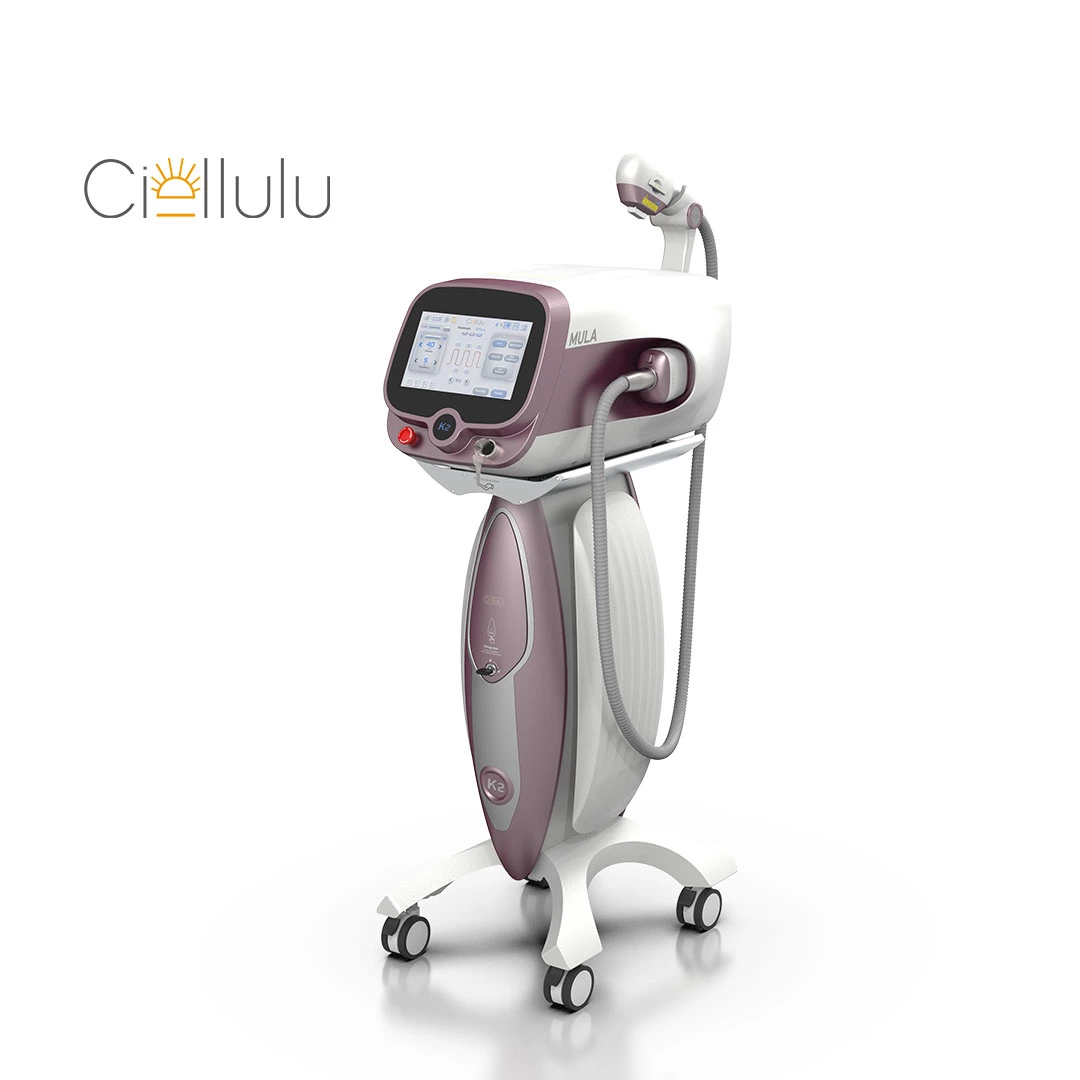
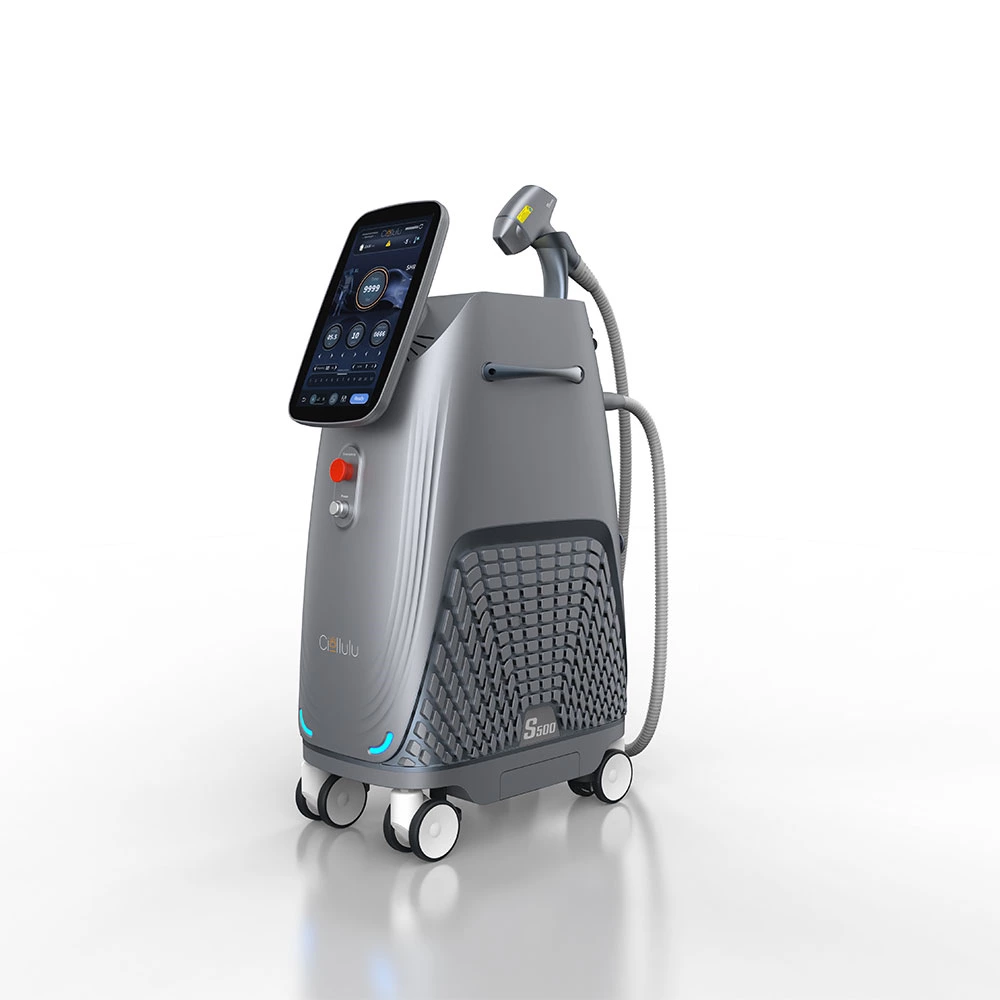
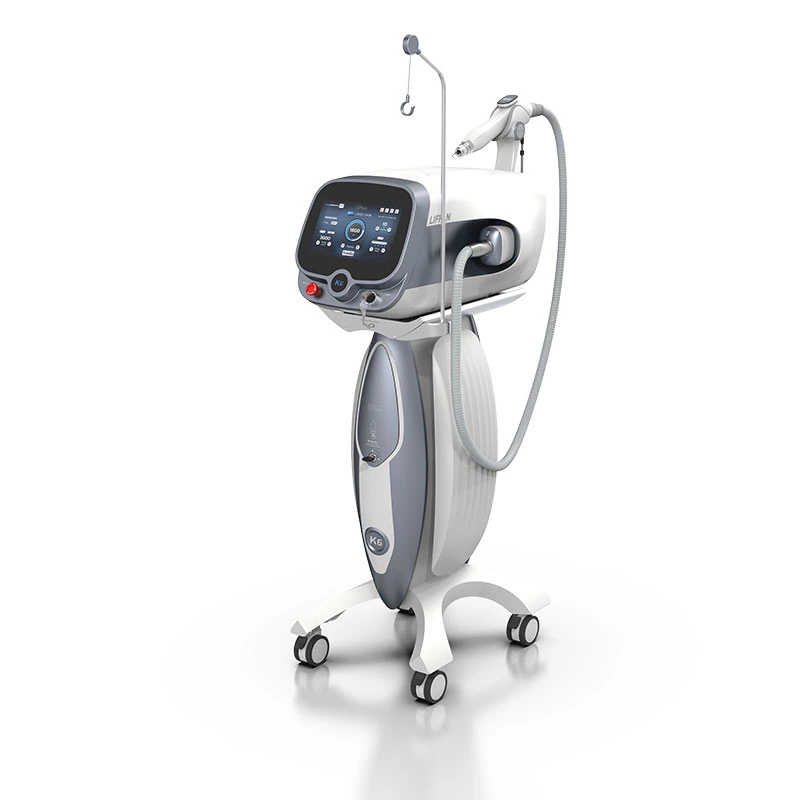
 Ciellulu Laser - Facial Machine Supplier
Ciellulu Laser - Facial Machine Supplier